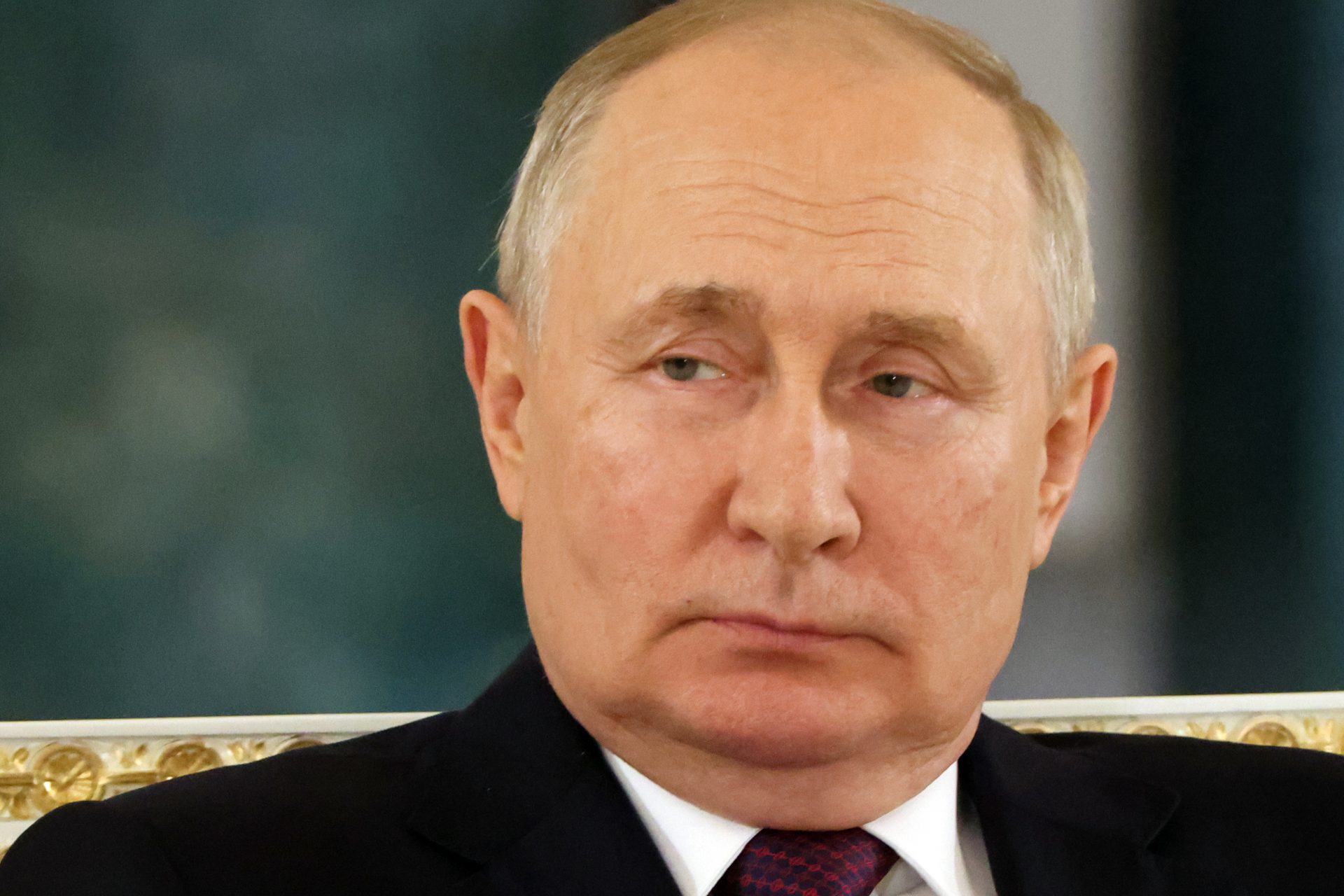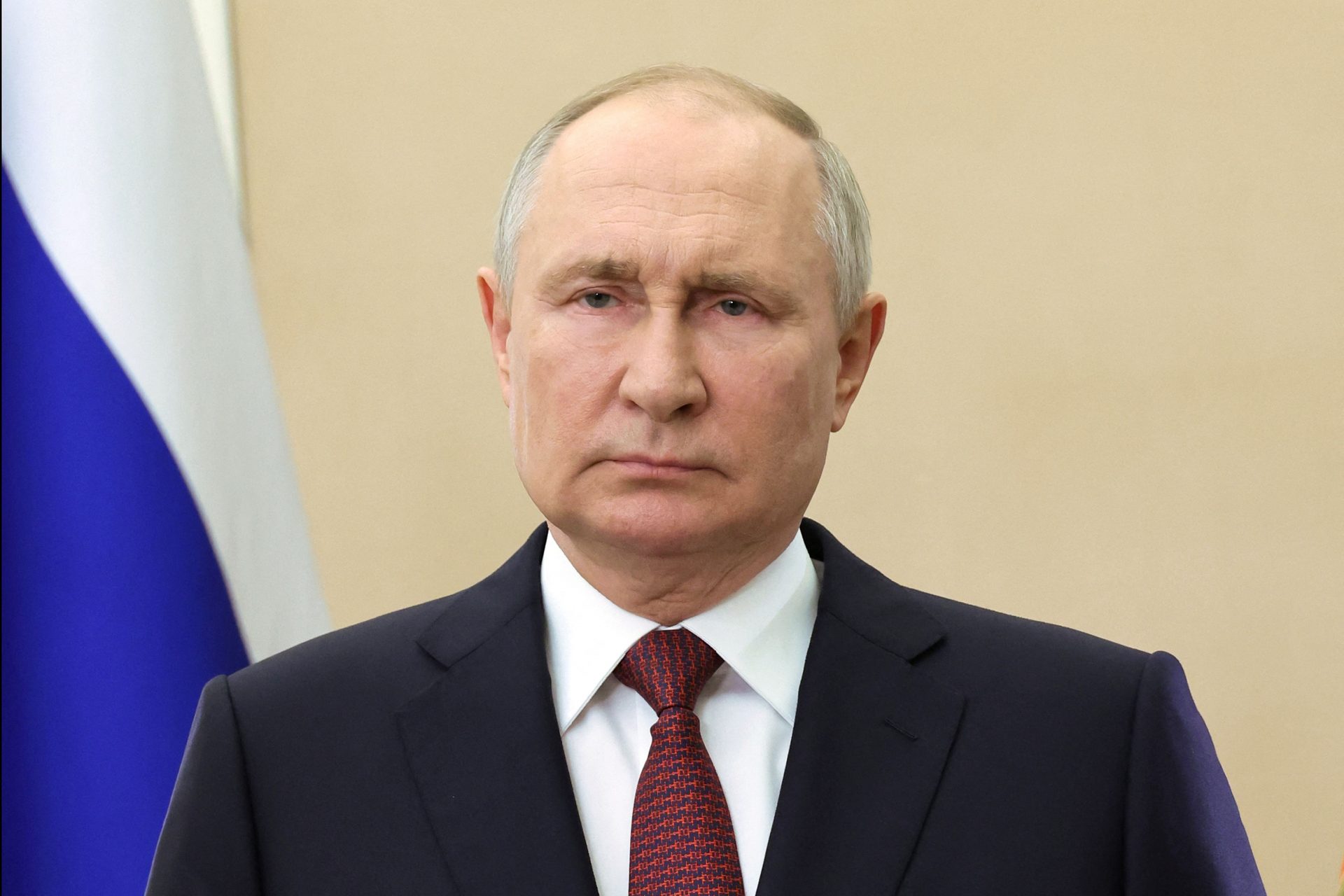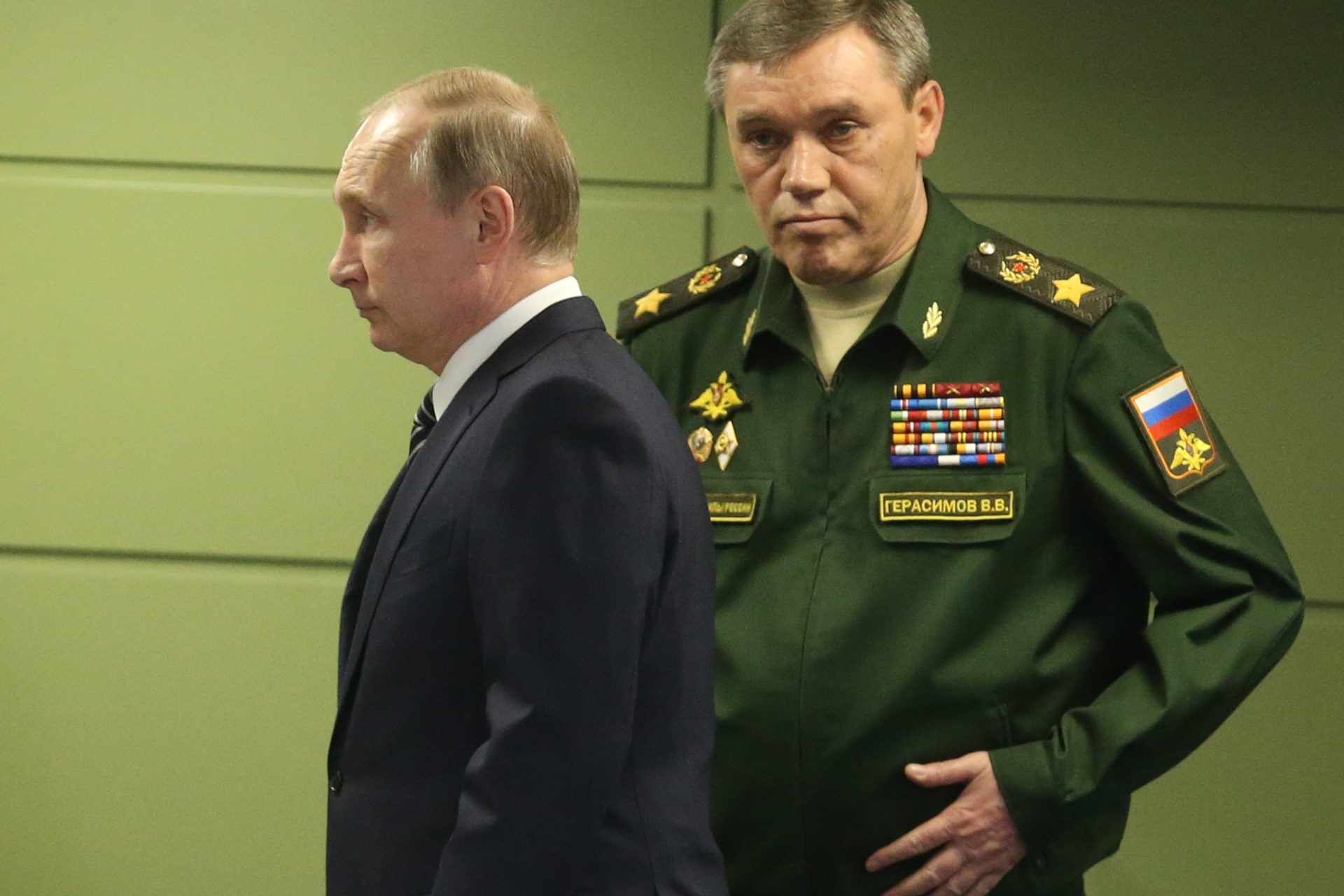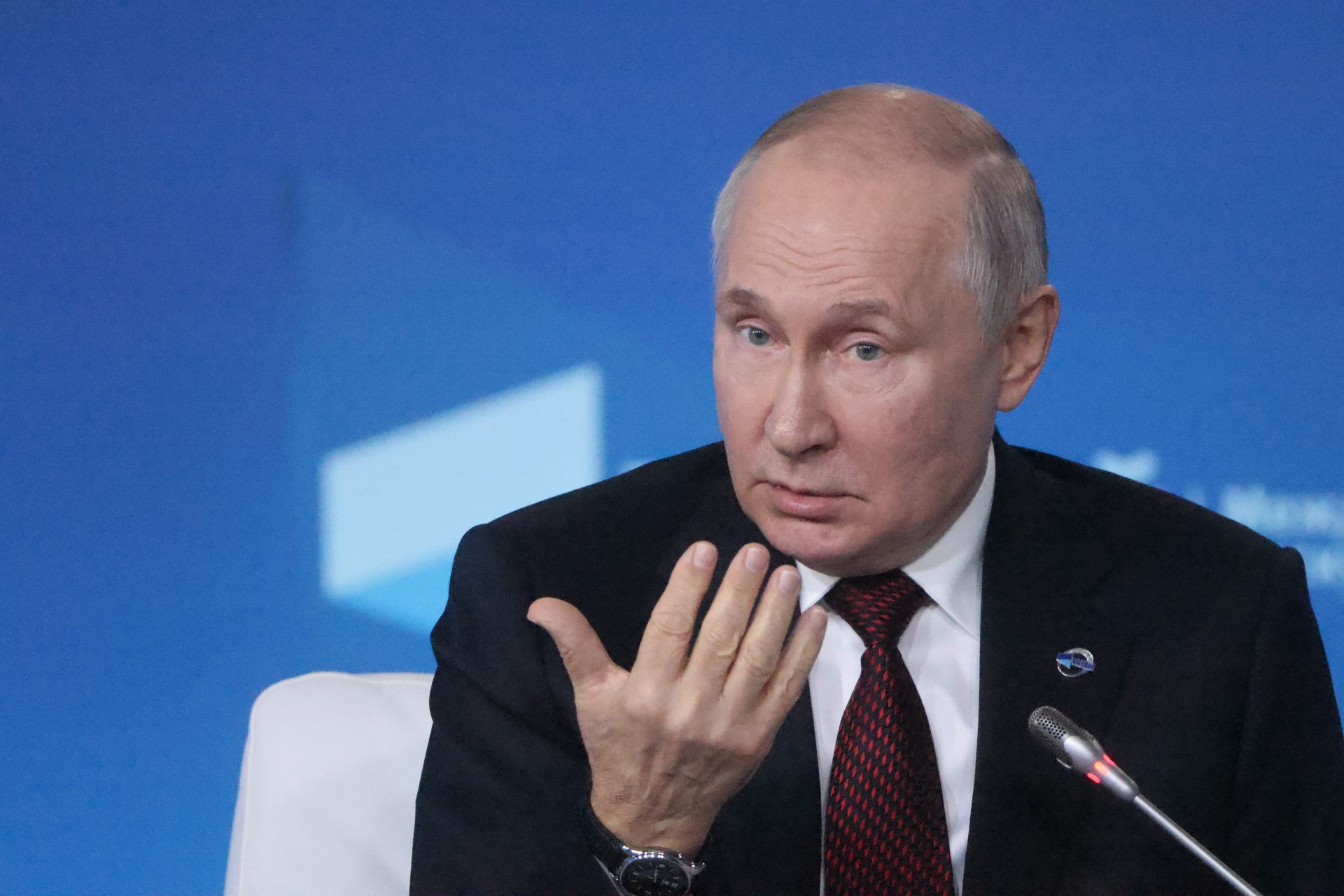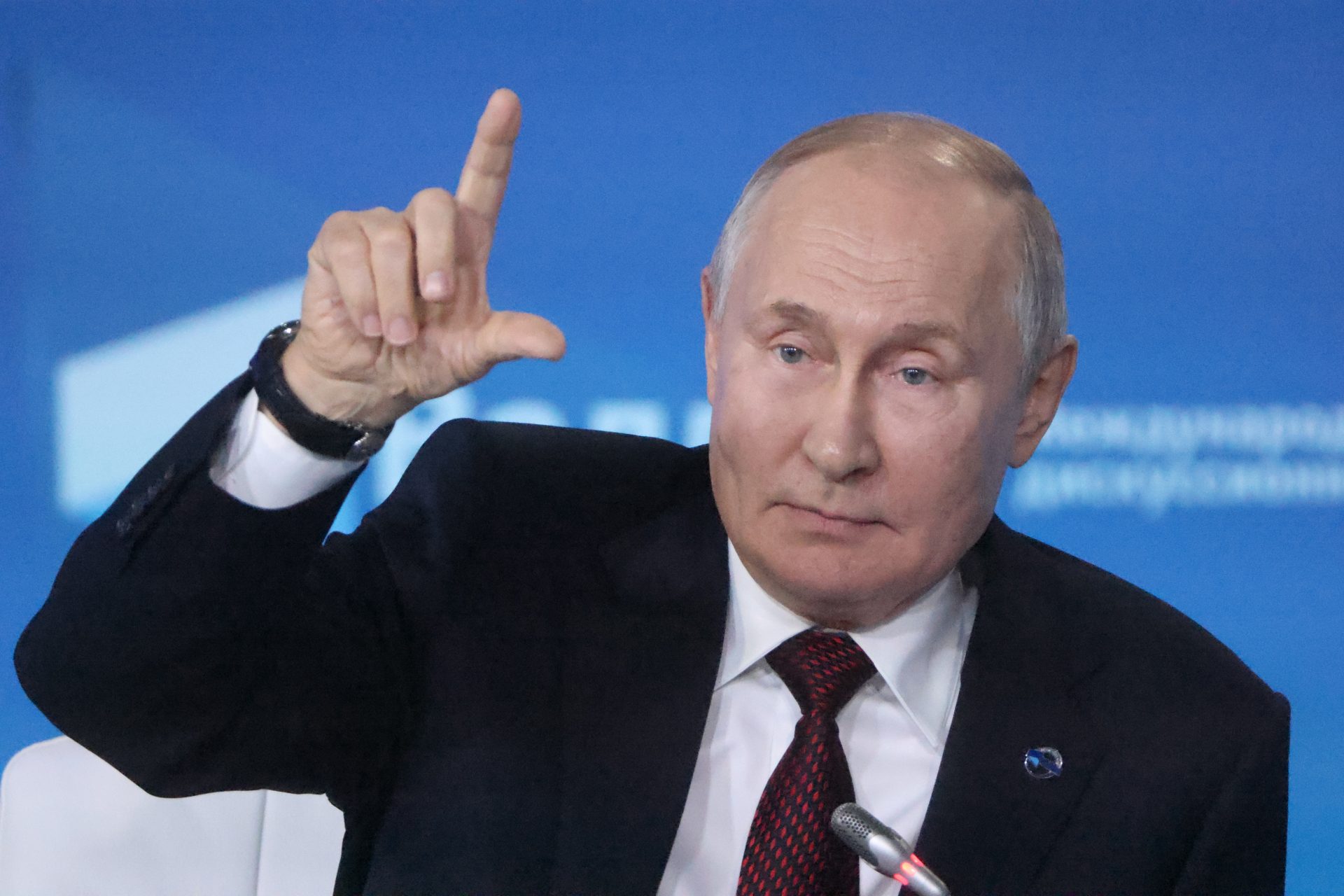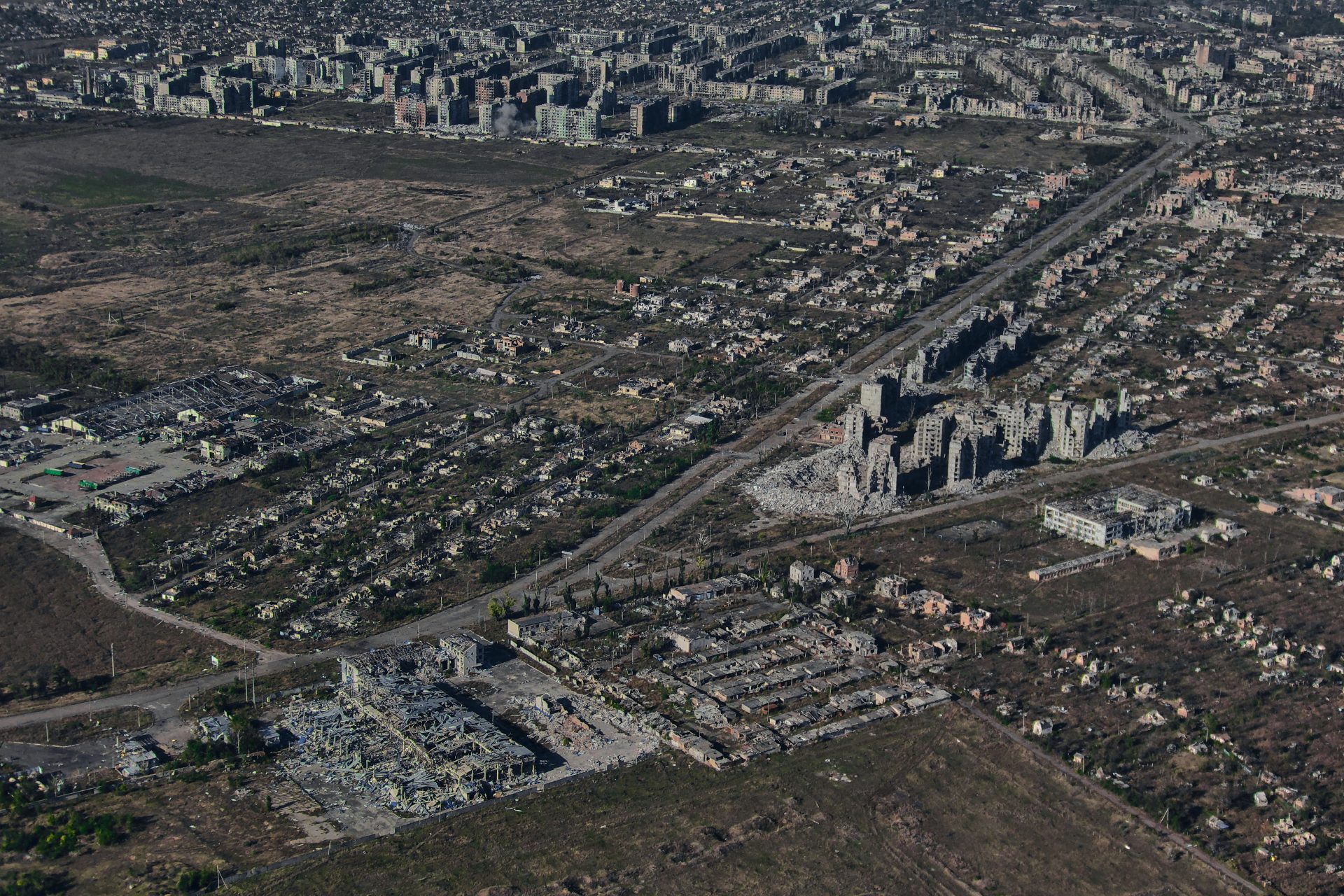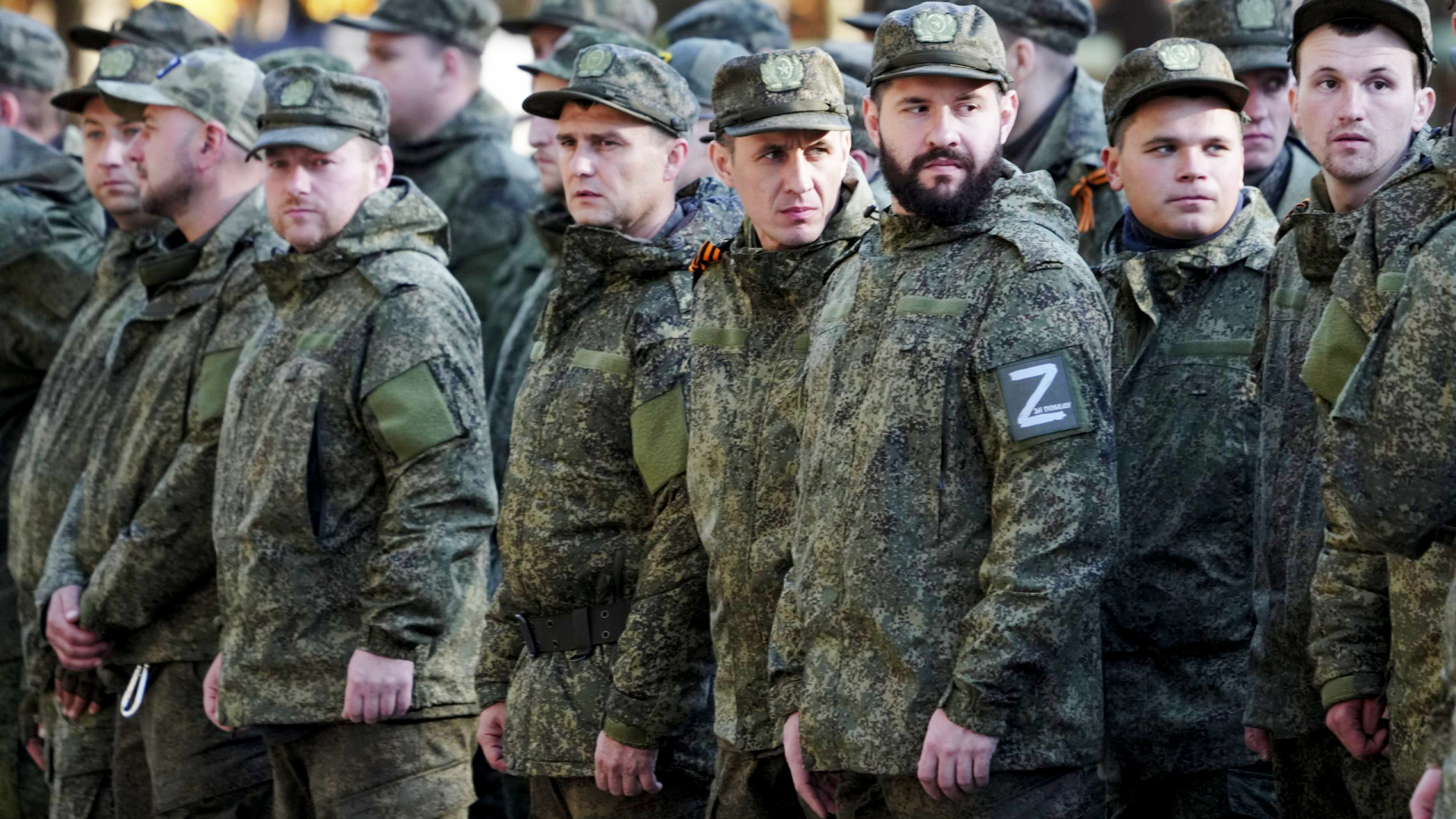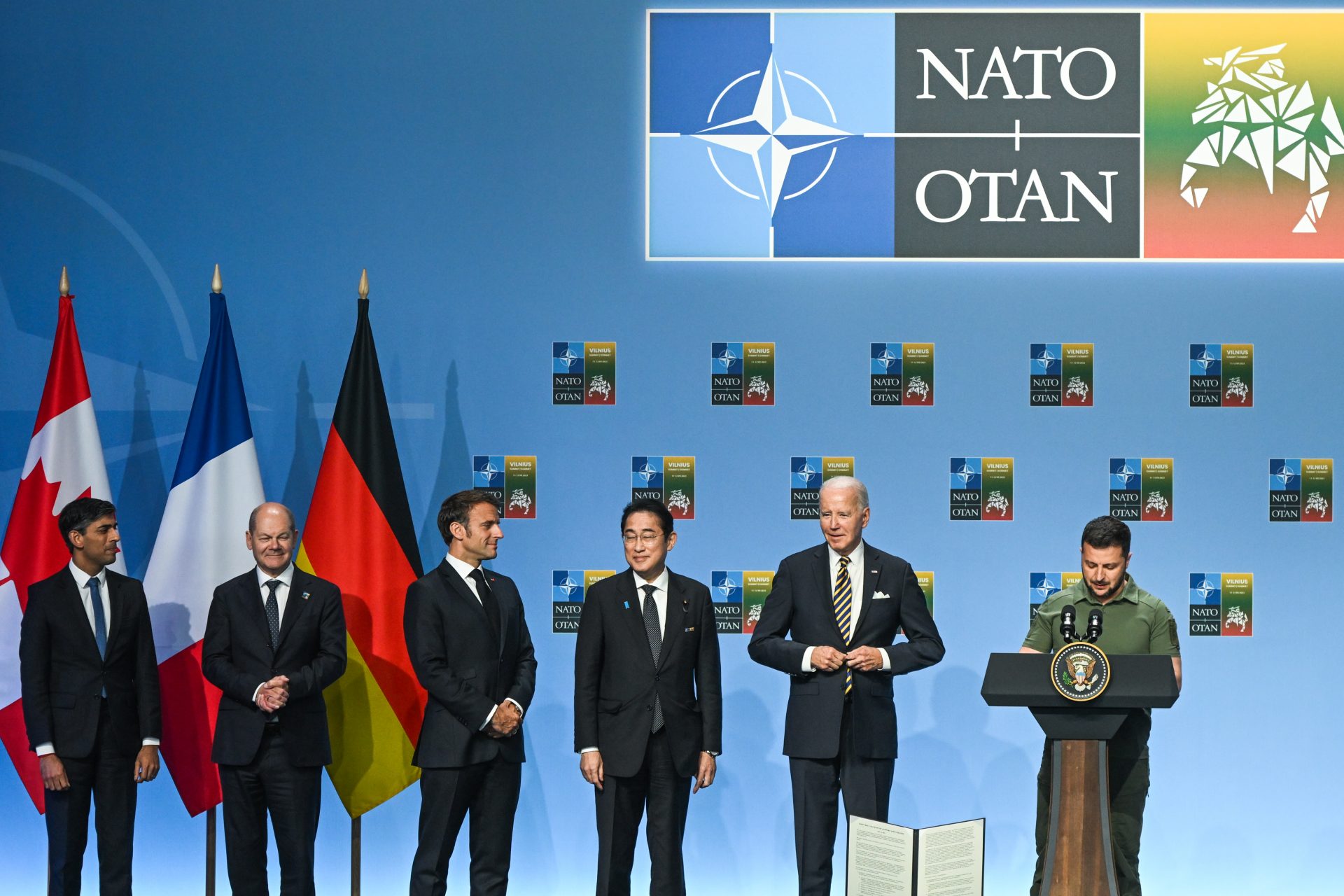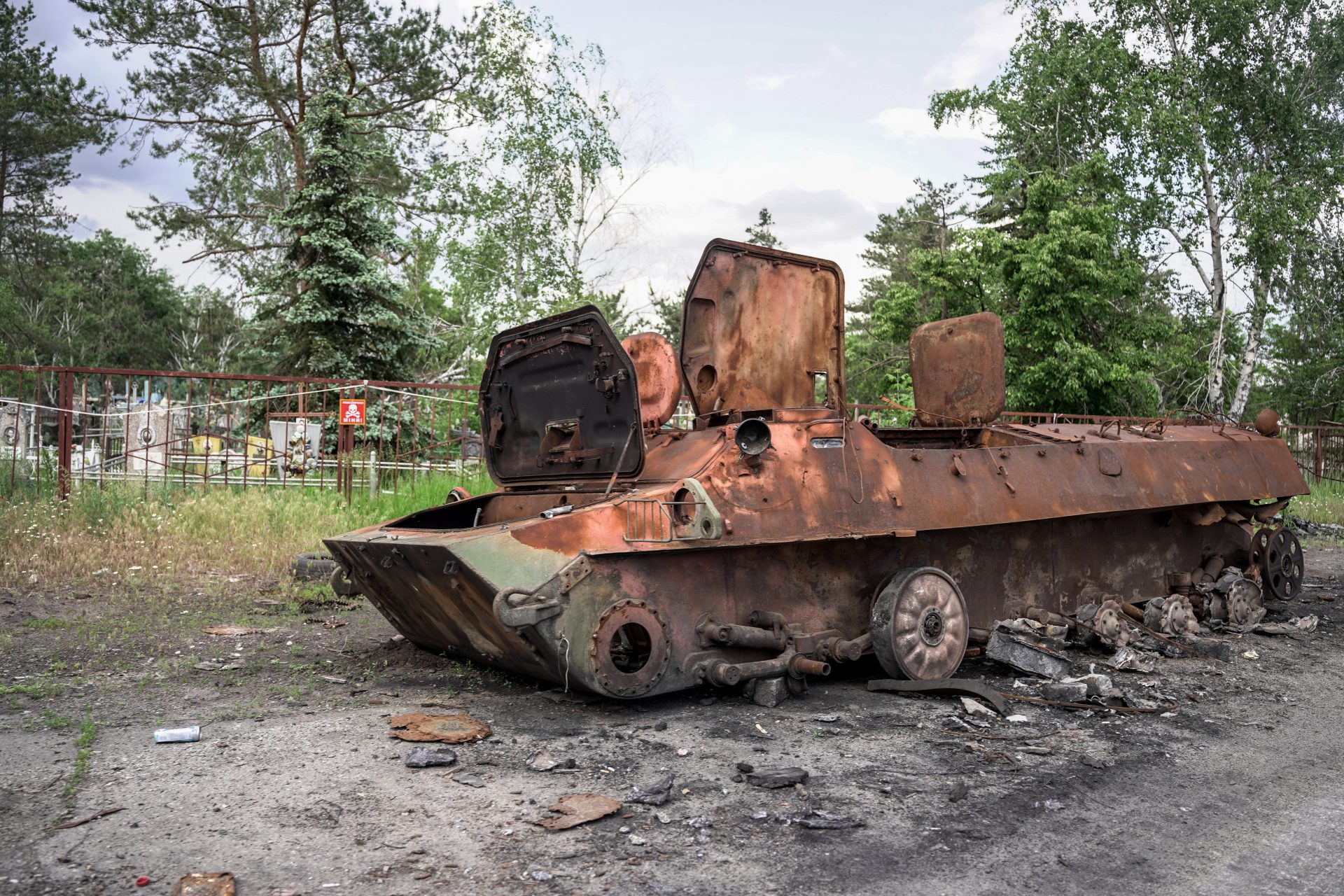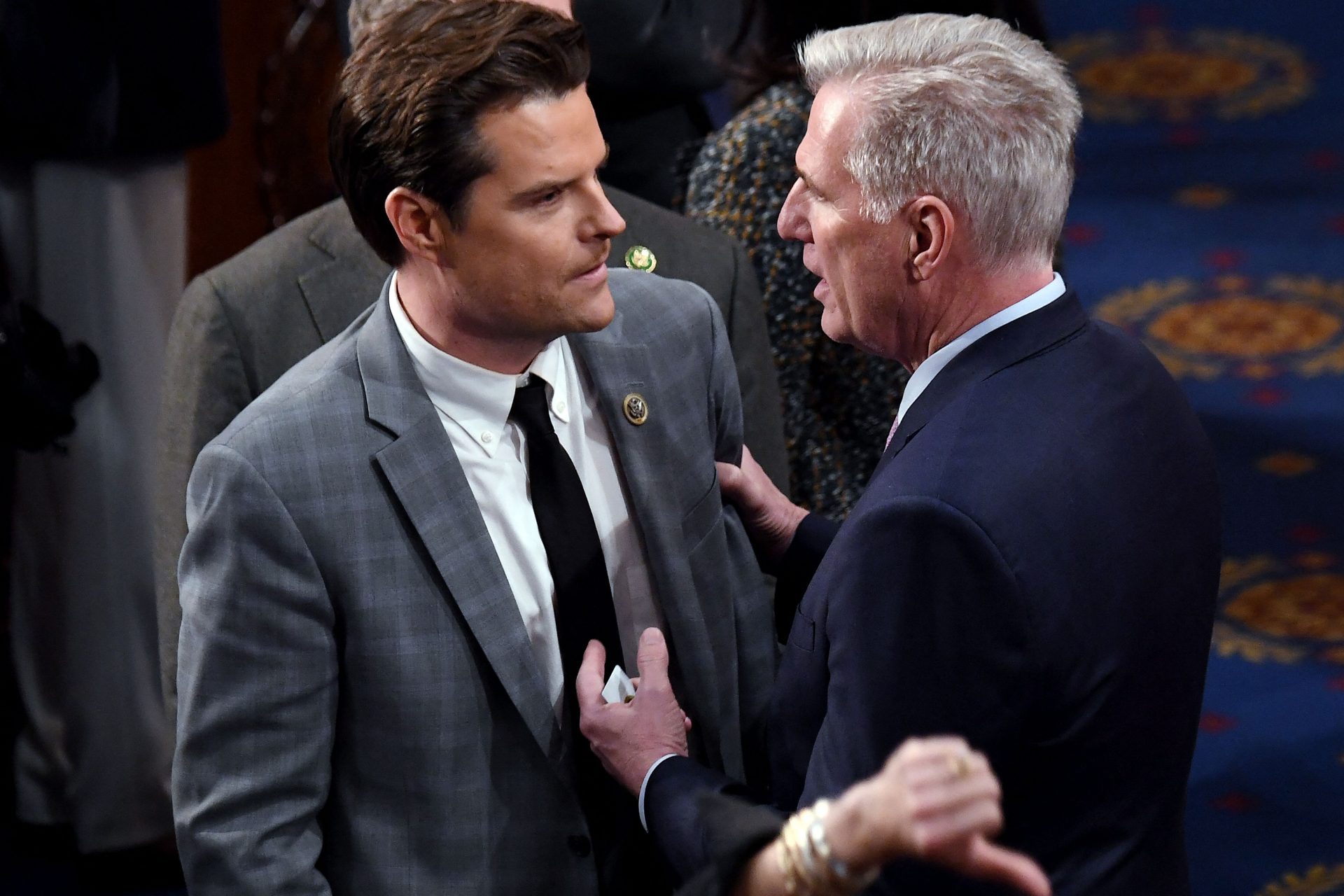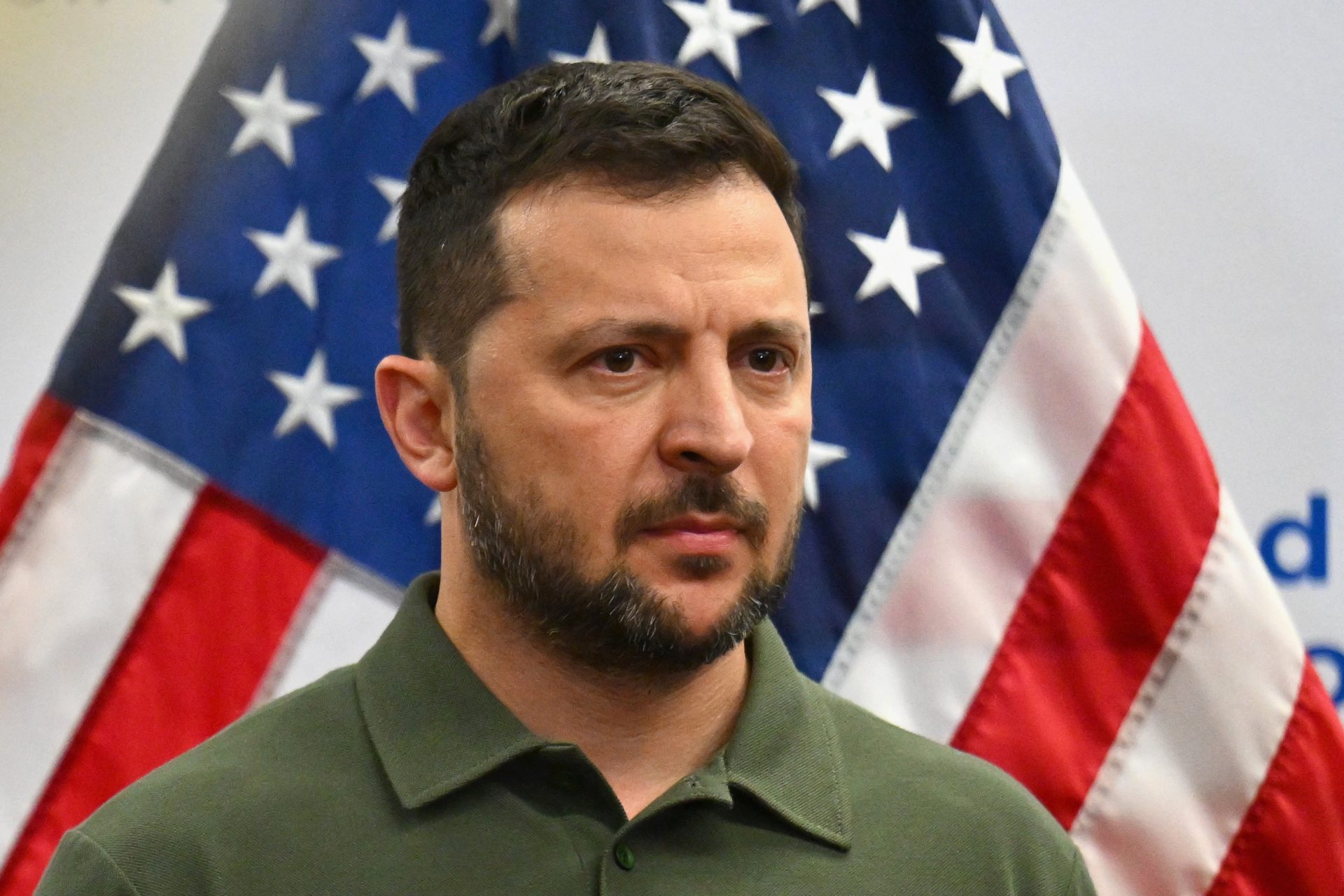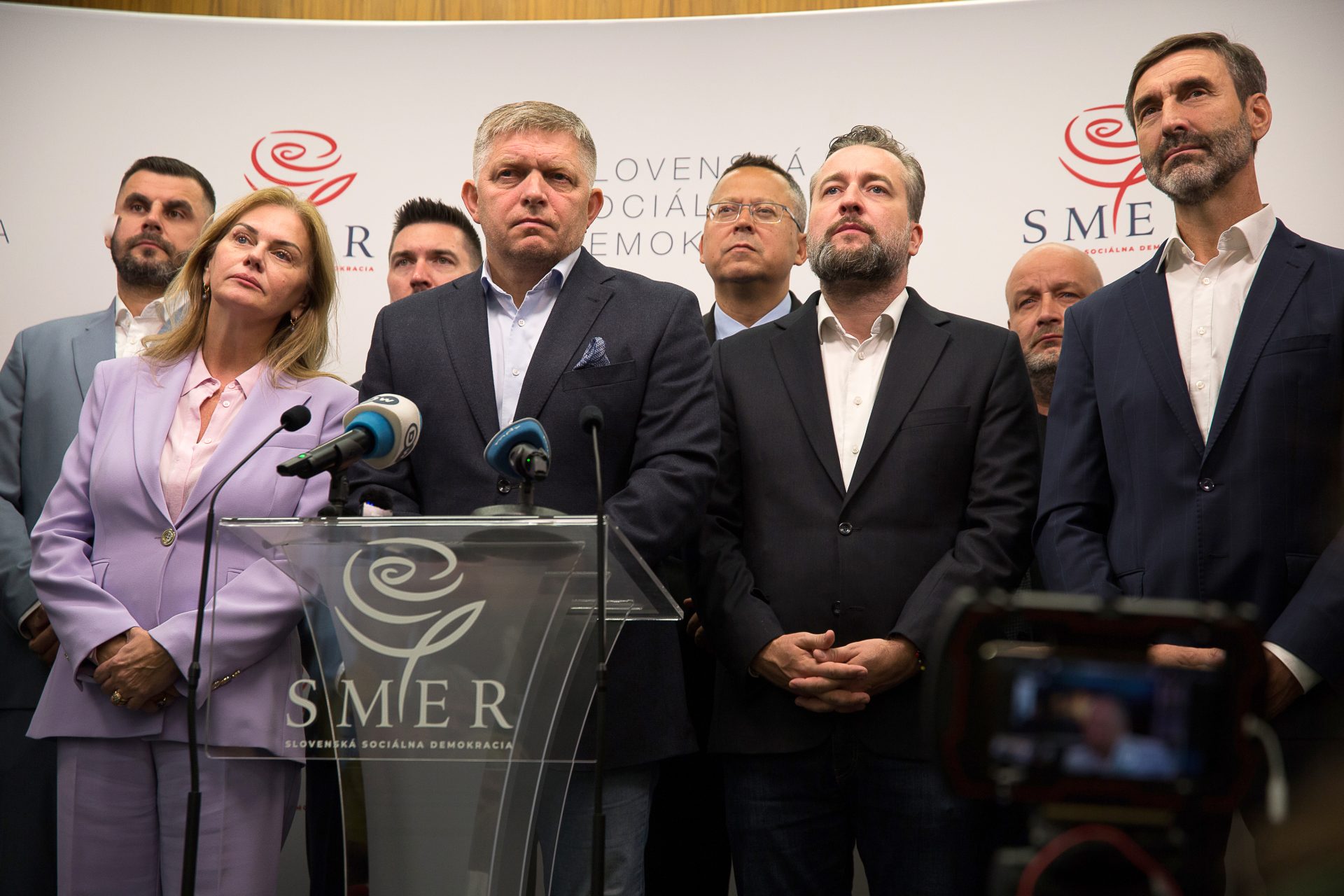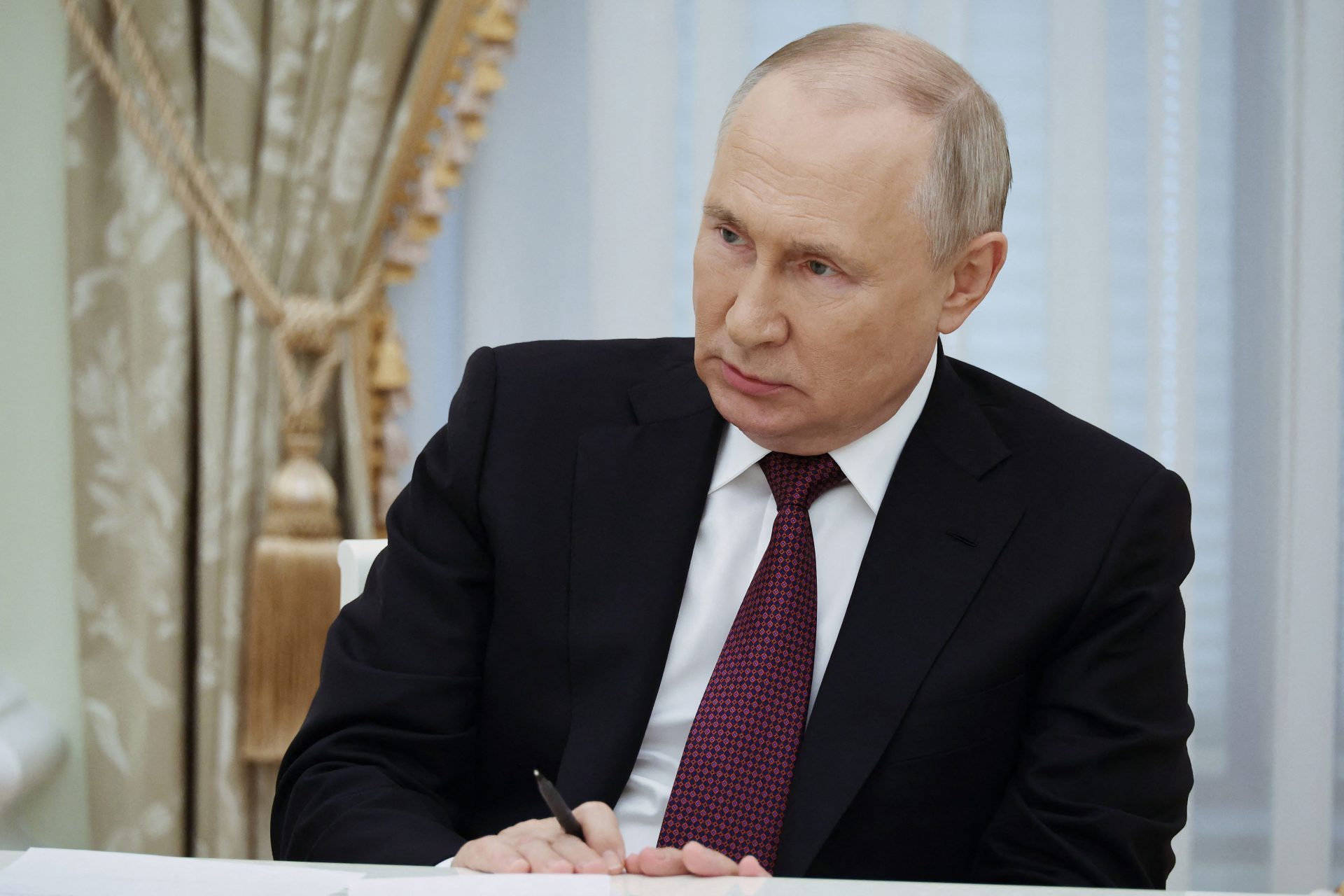Is Putin hoping he can outlast Western support?
When Vladimir Putin ordered the invasion of Ukraine he did so believing that the conflict wouldn’t last very long. Reports from the time period indicated that the Kremlin assumed their troops would be in Kyiv within two days of combat.
CIA Director Bill Burns told lawmakers in the United States just weeks after the invasion began that Putin's strategy was to seize “Kyiv within the first two days of the campaign,” according to a report by Business Insider in March 2022.
However, the strategy to quickly conquer Ukraine didn’t play out as Putin had planned and Russia has been embroiled in a quagmire ever since the Ukrainian Armed Forces began launching their own offensives to take back territory.
More than one year after the invasion it became clear that Russia was openly preparing for a long war according to the Atlantic Council’s Dennis Soltys, who wrote that officials in the Kremlin appeared "happy to play a waiting game.”
This sentiment may come from Putin’s belief that Ukraine’s Western allies will eventually tire of the war and end their support to Kyiv. The Russian President certainly believes Ukraine would collapse without assistance coming from the country’s allies.
Putin said as much while speaking at the annual meeting of the Valdai Discussion Club in Sochi on October 5th, telling guests of the conference: “By and large, the Ukrainian economy cannot exist without external support” according to a CNN translation.
“Once you stop this, everything will be over in a week. Finished. The same applies to the defense system: Imagine that supplies will stop tomorrow — you will only have a week to live when the ammunition runs out,” Putin added.
Putin’s remarks revealed what may be the Russian President’s underlying strategy in the war moving forward. Putin is still expecting victory but he understands that it may take a lot longer to achieve it with the West involved.
CNN’s Nathan Hodge explained in a recent report on Putin’s remarks in Sochi that they revealed the “most clear articulation” of the Russian leader's war strategy—namely that Putin is counting on the Western alliance to fracture.
Proof could be found in some of the very statements Putin made while speaking. Hodge reported the Russian President was aware of the information coming out of the defense trade press regarding American industrial issues.
Putin spoke about the struggles the United States was facing as the country’s defense industry worked to increase the number of artillery shells it could produce each month, commenting on the number of shells produced versus the number Ukraine fired.
“The United States produces 14 thousand 155-mm shells, and Ukrainian troops expend up to five thousand per day,” Putin said. “Yes, they are trying to increase production—up to 75,000 by the end of next year, but we still have to wait until the end of next year.”
Hodge noted that Putin’s figures were a little off. The United States is now producing as many as 28,000 artillery shells per month. But the point still stands. It appears that Putin does have an understanding of the challenges facing Ukraine’s allies.
Dennis Soltys commented that the Western leaders aligned against Russia have helped Putin along in his thinking since they’ve failed to convince the Russian President that he has no hope of outlasting the support Ukraine will receive.
“Until this changes, the war is likely to continue,” Soltys wrote, adding that the inability of Western leaders to declare a Ukrainian victory as the ultimate goal rather than commit to helping Kyiv as long as it takes has emboldened Moscow.
“This ambiguous language encourages Moscow to draw out the war and seems to leave room for dubious ‘land for peace’ negotiations or other compromises with the Kremlin. It will take far tougher words and deeds to stop Putin,” Soltys explained.
However, there are other major problems and cracks emerging. The United States lost its House Speaker over an alleged secret deal to fund Ukraine according to Matt Gaetz, the man who ousted Kevin McCarthy.
General American support for Ukraine has also fallen to sixty-three percent, down from seventy-two percent in July 2022 according to a recent poll from the Chicago Council on Global Affairs published on October 4th.
Cracks are also emerging in Europe where Slovakia’s former Prime Minister Robert Fico won the country’s recent election after campaigning to end military aid to Ukraine. NBC News reported the win and referred to Fico as pro-Russian.
If Ukraine's American and European allies can remain steadfast in their support of Kyiv then it is unlikely Putin will get his way. However, if that crucial support falters, it could be possible that Ukraine will be forced to negotiate or fall completely.
"Putin is convinced his opponents are fundamentally weak and unprincipled," wrote Soltys wrote. "He is prepared to wait until the democratic world finally tires of confrontation and accepts the new geopolitical realities created by Russian military aggression. Unless Western leaders can prove him wrong, the threat posed by Russia will only grow."
More for you
Top Stories



